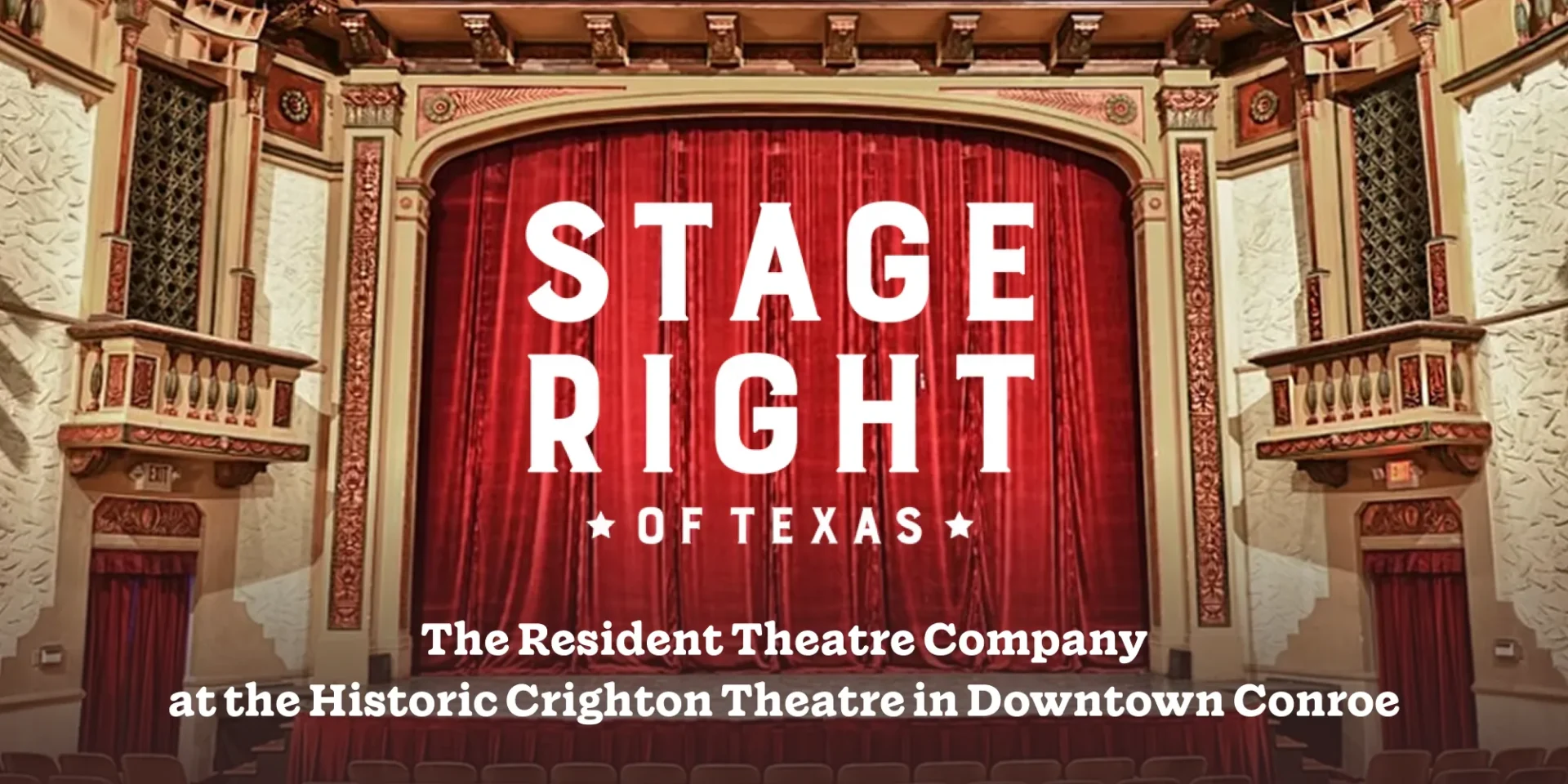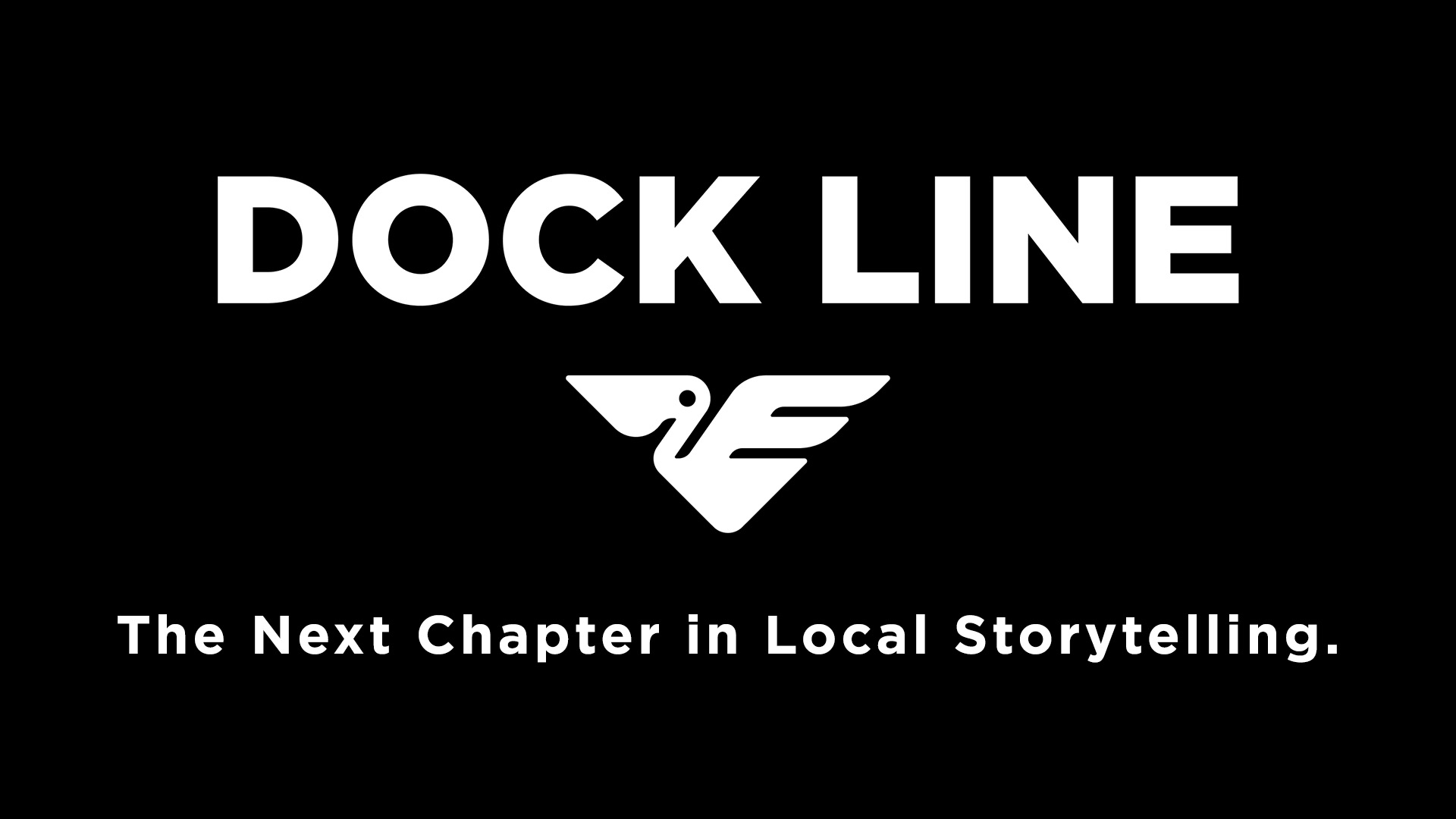Oftentimes you will hear that a liberal arts major is worthless and has little ROI (return on investment). I disagree. Although it is true that liberal arts degrees do not rank highly in starting salaries, they can still help you get a job. However, the road is not easy. If you are concerned with making the most money, a liberal arts major may not be the right path for you. That doesn’t mean you can’t make a lot of money, just that the path to success is not as clear cut. In this article, I’d like to give you some tips on how I landed a job out of college, and some general research that anyone can use. Let’s get started.
In short: start networking, study what you love, include a minor, do an internship, establish a work history, fine-tune your resume, and be open to opportunity.
Start networking early on
Due to finances at home, I had to pay my own way in college. I had to work mostly full-time during my undergrad, which left me with little time for going out. What I did have on my side was that I worked for a college—as a janitor. It was not the most glamorous job. I did have a couple of part-time jobs before that, but most of my undergrad was spent as a janitor. Yet, I made it a priority to get to know the people that worked in my building. I did extra work, made polite conversation, and helped anyone I could that was higher above me. Eventually, I made friends with people who were in positions of authority, people I could put on my resume who could vouch for me. Where I lacked in being able to integrate into the student body I made up for in my work and teacher relationships.
You should start doing this as well. Don’t use people, but maybe it’s a good idea to join clubs. Doing things like joining a student organization, staying late to help a professor, or even meeting new people can lead to a job offer. I cannot understate how important networking is. You will rely on it undoubtedly sometime in your career. Especially if you want to eventually start a business or want to get into higher education. If you just go to school and do not have to worry about getting a job you should be making connections. You will not have as much free time as you do right now—so make use of it. Even volunteer work could lead to your putting someone down on your resume as a reference. Use the people skills you learn from your liberal arts major as a way to make new connections
Study something you love
As The Ladders points out “This may sound trite, but over the last 15 years of talking to undergraduates about their studies, I’ve watched so many students blossom by switching from a job-oriented major to one that they feel passionate about. You’re likely to swap jobs and even careers many times in your life, so don’t get caught up in training for something hyper-specific. Don’t waste college by spending all your time being unhappy with your major.”
Studying something that you are passionate about will help you strive for excellence. Even more so, when you sit in front of a potential employer you can explain how the nuances of your subject help you be a better candidate. For example, when I went in for an interview once I was asked: “how my major prepared me for this role?” My liberal arts major was English so I told them some of the following:
- I often worked with people from different backgrounds to make creative projects. I understand group dynamics and the importance of honest collaboration.
- Researched wildly different topics and learned how to explain complex information in an easy to understand format.
- Learned to think critically about my arguments and to write and argue persuasively
- Learned public speaking by giving presentations about my writing and research.
- I learned responsibility because most tasks were solely creative endeavors. which meant that I was responsible for the quality of the work.
Whether your major is philosophy or art, learn how you can apply those creative skills to everyday language. The Balance has a great write up on this and applying creative thinking. Even personal projects like starting a blog can show your employers that you have consistency in finishing projects to the end.
Your minor is important
Another way to set yourself up for success with a liberal art major is to combine a competitive minor with it. I chose marketing which focuses on creating things that target specific groups of people and will add value to their lives. Marketing gave me business credibility that I could pitch to potential employers. When I applied to marketing jobs I could make the case that I had both business and creative talents.
Your minor should align with your major and help improve your strength. Maybe combine philosophy with statistics or art with advertising. Not only are you strengthening your resume, but you’ll learn how to find creativity in business. Doing this will also force you to realize what you are suited for in business and what you are not suited for. Can you stare at spreadsheets all day? Can you write sales copy for a plumbing company? Would you find a happy medium in designing an ad for a grocery store? A minor in some type of business sector can help you with those questions. There are different rules if you are planning on sticking to the academic route so keep that in mind if you want to become a professor. A liberal arts major is a lot stronger when you can prove you have experience.
Do an internship
Because I worked full-time I didn’t have much time for an internship. The only reason I found one that would work with my work schedule (Tuesday-Saturday 4 am-1 pm) was because I reached out to friends. Specifically, I reached out to a couple of mentors who may know someone who would let me do a marketing internship from home.
I want to be 100% honest about this. I got very lucky. This most likely will not be your experience. Internships often are not this way. I caught a break and reached out to a mentor who I had as a camp counselor over 8 years ago. He and a friend had started a marketing business, and as it turned out, we’re looking for a writing intern for sales copy. I offered to work for free in exchange for experience and a positive reference. They ended up paying me and let me work from home as most of the writing could be done remotely. I cannot say this is how every writing internship will go, nor can I say that it will be this easy for you to find one. In fact, it will probably be much tougher for you to land an internship.
What I can say is that I learned a lot from my internship and made some valuable connections. I worked hard and my liberal arts major came in handy for developing content for clients. My boss gave me real-world experience in writing sales copy, developing relationships, and running a business. Not only will internships give you responsibility, connections, and references, you could also be offered a job after graduating.
For example, I had a friend named Ted. Ted was a theater major, but about two years in decided he wasn’t sure if he wanted to act full time. He paired a logistics and supply chain minor with his degree and ended up getting a paid logistics internship from a job fair at our college. Ted worked there for a couple of months until he gained experience. Then, a co-worker of his switched to another internship and recommended Ted for the other open position. With the recommendation, Ted switched internships. He worked hard and learned all he could about the business. Upon graduating they offered him a job.
I understand the argument that not everyone can take an internship, especially if they are unpaid. However, they have serious benefits and can be a deciding factor on if you get a job. I did mine while working full-time and going to school full-time. If not for the perfect situation, I would not have been able to do it. Weigh your options and try to find an internship that is right for you.
Have a work history
You don’t need to work full-time while attaining your liberal arts major, but having some work experience will help you gain full-time employment after graduating. If you only went to school and completed a few activities or never worked part-time, you are in for a rude awakening. How does an employer know you can handle a rude customer? Why would an employer choose you over someone who has 3 years of work experience in their field? What did you do with all that free time you had in college that makes you a better candidate? Having a work history of some kind helps sell your liberal arts degree to potential employers. Try to find work that is in your field.
Fine-tune your resume
Your resume needs to be easy to read, while highlighting accomplishments. Show accomplishments in both your work history, internships, and educational endeavors. You don’t need to be long-winded. Most resumes only need to be a page or page and a half long. Explain how your education achievements will apply to the workforce. Don’t be afraid to produce samples of your work. Also, research where you are applying to. Take a look at the company values if you get an interview. Research the position title and what they do. Showcase to the employer how you taking on the role will best help them. If you get an interview, practice an elevator pitch about who you are and why you are best suited for this role. Look up common interview questions and practice answers to those questions. Use the research and analytical skills you gained in your liberal arts major.
Be open to opportunity
Life is going to throw some curveballs at you. Your path will probably not be straight forward if you are a liberal arts major. It’s going to be okay, though. Take opportunities to branch out of your comfort zone during your undergrad. If you can, study abroad. That always looks good on a resume. If someone offers you an opportunity to prove yourself, don’t say no unless you have to. Create often and try to get your work published in academic journals. This can be listed as accomplishments for employers. Don’t set limits on yourself or where your liberal arts major can take you.
Like this content and want more? Subscribe to Dock line Magazine and get free content like this delivered to your email.






